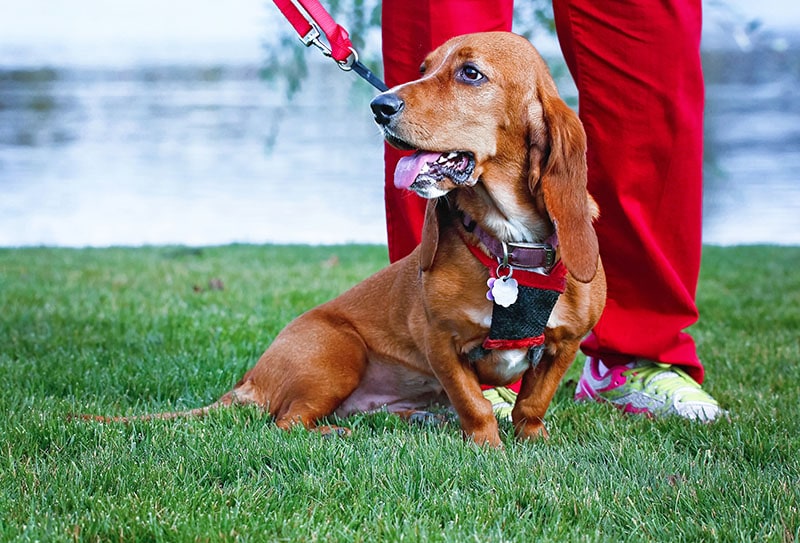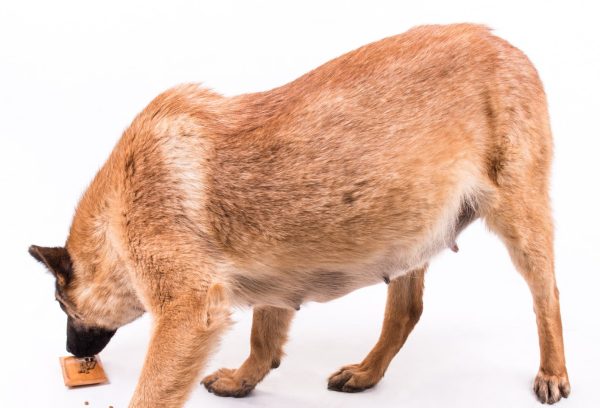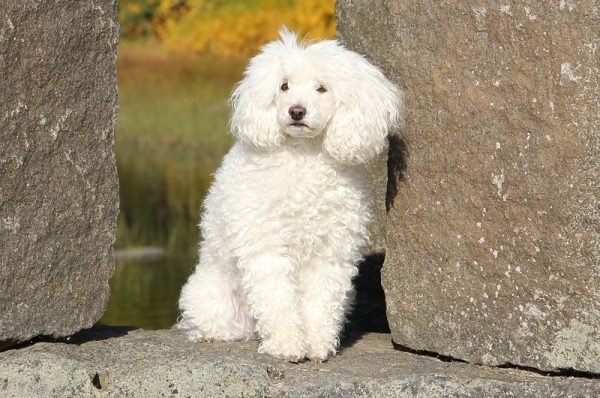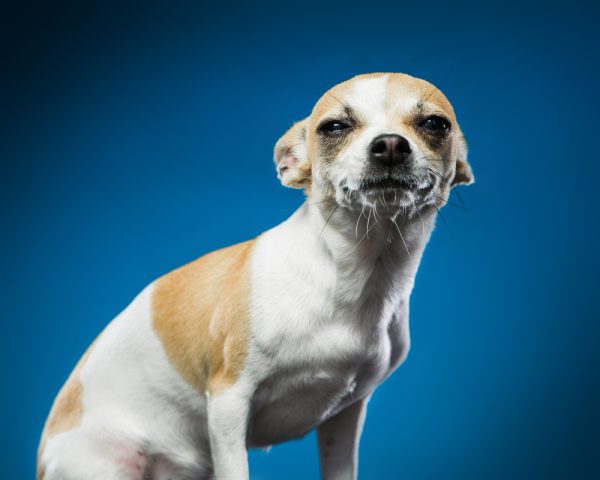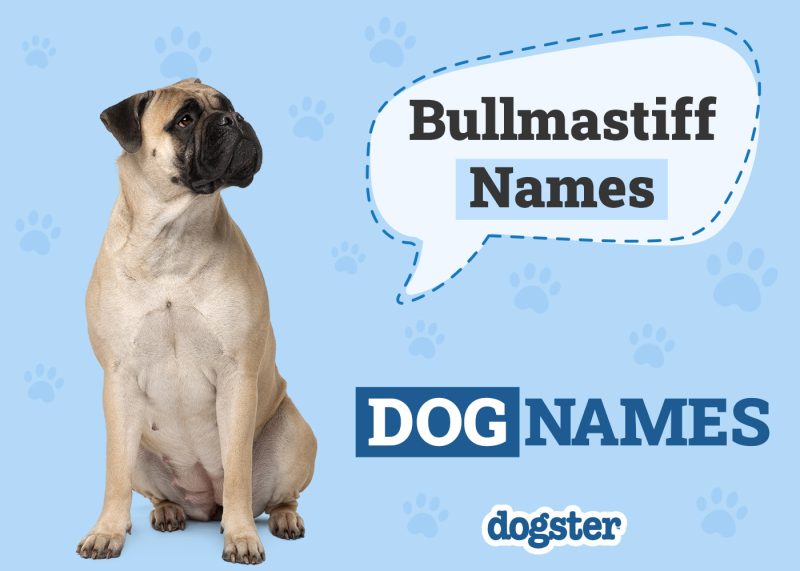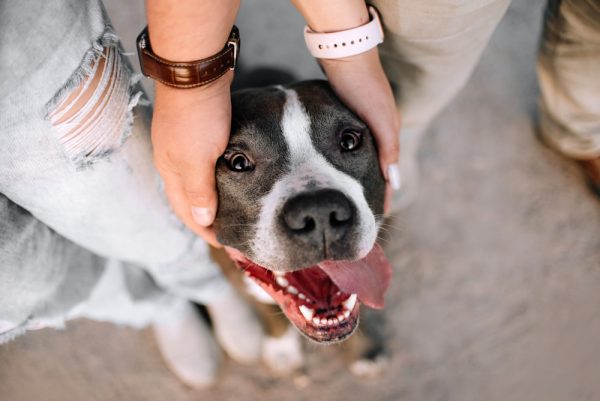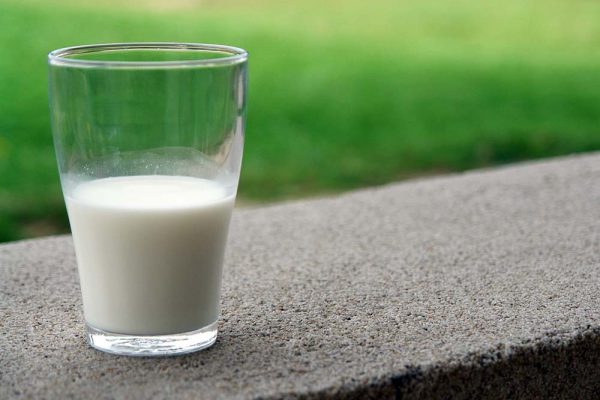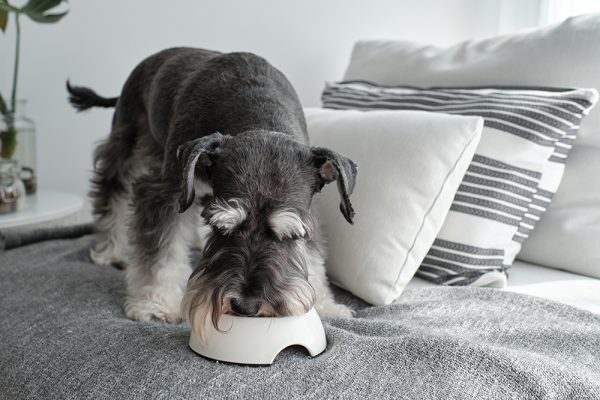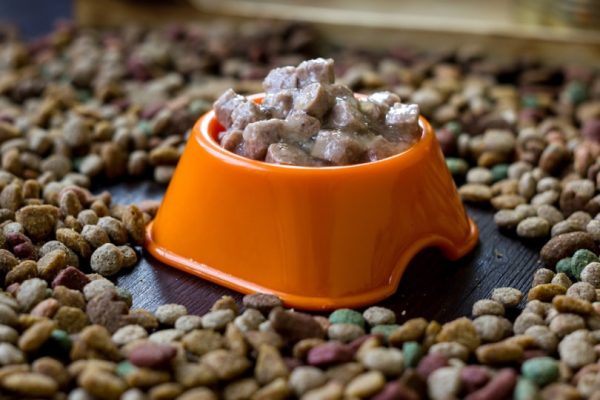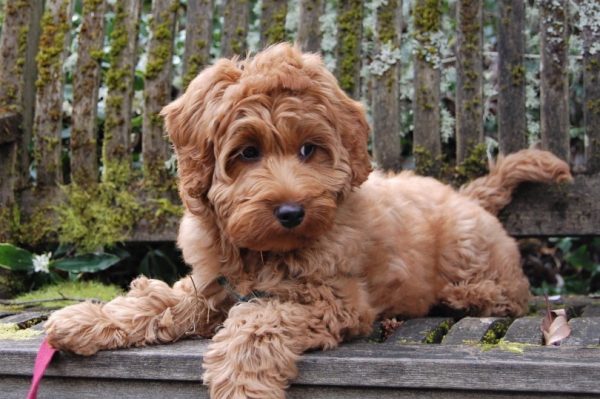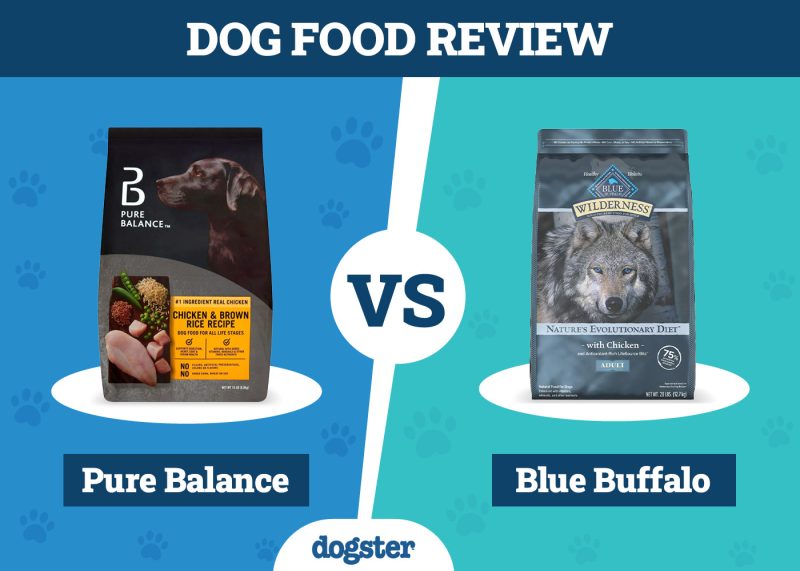In this article
View 8 More +If you’re looking for a smaller pup that gets along great with your family, a miniature Basset Hound might be just what you’re looking for. They’re excellent smaller dogs that love curling up in your lap, running around the yard, and hanging out with family members. Let’s check out some more info about this breed down below.
Breed Overview
Height:
12–14 inches
Weight:
30–45 pounds
Lifespan:
12–13 years
Colors:
Black and white; black, brown, and white; black, tan, and white; black, white, and brown; black, white, and tan; brown, black, and white; lemon and white; mahogany and white; and red and white
Suitable for:
Families, multi-pet homes, and those looking for a low-shedding dog
Temperament:
Intelligent, stubborn, friendly, gets along with other pets and children, lazy, and vocal
While the miniature Basset Hound is a super cute and adorable dog, some people describe them as a breeder’s way of getting in on the designer dog craze. That’s because a miniature Basset Hound isn’t a different breed, they’re just a smaller Basset Hound!
With that in mind, there’s a bit more you need to know about if you’re interested in getting a miniature Basset Hound. That way, you’re not accidentally getting a dog with a ton of health problems.

Miniature Basset Hound Characteristics
Miniature Basset Hound Breed Puppies
The American Kennel Club (AKC) has a full-sized Basset Hound no larger than 15 inches at the withers. A miniature Basset Hound isn’t a completely different breed. Instead, it’s simply a smaller version of a regular Basset Hound.
There are two different ways for a breeder to get a miniature Basset Hound. First, they can accidentally end up with a miniature Basset Hound or two through natural genetics. Each litter generally has a runt, and often, the runt of the litter meets the size requirements of a miniature Basset Hound.
The other way is through the intentional breeding of smaller Basset Hounds. When breeding smaller Basset Hounds together, it’s important to get two healthy small Basset Hounds, as sometimes runts will have more health problems than the rest of the litter.
Miniature Basset Hounds often won’t cost as much as a full-sized Basset Hound. This, paired with the additional health problems miniature Basset Hounds can have, means it’s not always the easiest to find a miniature Basset Hound breeder.

Temperament & Intelligence of the Miniature Basset Hound
The miniature Basset Hound is a dog with a loyal temperament, and while they’re loving, they’re not overly so. They have a fierce, stubborn streak, but with patience and consistency, you can train them to complete a wide array of tasks.
They’re also not the most active, but they can display bursts of energy in shorter spurts. Finally, when it comes to overall intelligence, the miniature Basset Hound is average.
Coren’s intelligence test measures the intelligence of various dog breeds, and the Basset Hound comes in at around 71st on this test. Considering there are 130 different dog breeds in the ranking, this puts the Basset Hound’s intelligence right about in the middle.
Are These Dogs Good for Families?
If you’re looking for an outstanding family dog, the truth is that you’re not going to find a better option than a miniature Basset Hound. With proper socialization, miniature Basset Hounds do great with kids and will generally equally cuddle up with everyone in the family.
Moreover, their lazier temperament means they spend much of their day lounging on the couch. This makes them easily accessible for petting. However, because they can be stubborn and a bit vocal, sometimes they can get on the nerves of various family members.
Does This Breed Get Along With Other Pets?
With proper socialization, most Basset Hounds get along great with other dogs and even cats. And while a Basset Hound will usually get along great with other types of pets, too, you need to take extra precautions because of their hunting pedigree.
While you can train a Basset Hound to get along with rabbits, ferrets, and other small critters, these are the types of animals Basset Hounds used to hunt. Take extra care, and we never recommend leaving a miniature Basset Hound alone with any of these animals.

Things to Know When Owning a Miniature Basset Hound:
If you’re thinking about getting a miniature Basset Hound, there are a few things you should know before you bring one home. They don’t have a ton of features that other dogs don’t have, but you’ll still want to know exactly what you’re getting yourself into.
Food & Diet Requirements
Because of their smaller size, a miniature Basset Hound won’t eat quite as much as a regular Basset Hound. The exact amount of food they’ll need each day will vary depending on the size of your miniature Basset Hound and the exact brand of food you give them, but for dry kibble, you will usually feed a miniature Basset Hound between 2 and 2.5 cups each day.
Meanwhile, if you’re feeding them wet food, you can expect to feed them between three and four cans daily. Fresh food recipes will vary the most, but most fresh food dog companies will pre-portion the food, so you don’t need to worry too much about it.
Exercise
While Basset Hounds have a reputation as a low-energy and sometimes lazy breed, that puts pressure on you to ensure they get the exercise they need each day. On average, a miniature Basset Hound needs at least 1 hour of daily physical activity.
We recommend breaking this up into two or three walks each day so they’re not overexerting themselves at any one point in time.
Training
Miniature Basset Hounds are notoriously stubborn, and the area where that shines through is with training. But while miniature Basset Hounds are stubborn, with a consistent training schedule, you should be able to train them to complete a wide array of tasks.
However, because they’re stubborn, consistency is even more important than usual because if your pet doesn’t think you’ll stick with it, they will test you further. Aim for one or two training sessions each day, but each session only should last between 10 and 15 minutes.
Grooming ✂️
Miniature Basset Hounds are low-shedding dogs, but you still should brush them out a few times a week to help keep shedding under control. From there, miniature Basset Hounds need you to trim their nails as needed, and you should bathe them once every month or two.
Finally, to keep up with oral hygiene, miniature Basset Hounds need you to brush their teeth each day. Also, keep in mind that while miniature Basset Hounds don’t shed much, they do tend to drool quite a bit.
Health and Conditions
Overall, a Basset Hound doesn’t have a ton of health problems you need to overly worry about. But because a miniature Basset Hound is often the runt of the litter, they’re more prone to health problems than a regular Basset Hound.
Still, you can help mitigate some of these concerns by only going to a reputable breeder and getting a thorough health history on both parents. It’s a bit more work and might cost you a bit more upfront, but since you’re likely saving a ton of money in medical expenses, it’s more affordable in the long run!
- Food allergies
- Yeast infections
- Ear infections
- Hip and elbow dysplasia
- Luxating patella
- Carpal valgus
- Wobbler syndrome
- Intervertebral disc disease
- Obesity
Male vs. Female
Male and female miniature Basset Hounds tend to be extremely similar. However, because miniature Basset Hounds only differ from regular Basset Hounds because of their size, there tend to be more female miniature Basset Hounds than male ones.
Females are usually smaller, so when the only difference is the size, it’s more likely for you to end up with a female than a male!

3 Little-Known Facts About the Miniature Basset Hound
Miniature Basset Hounds are extremely interesting and adorable pups, and because of this, there’s no shortage of great facts to pick from. We’ve highlighted three of our favorites for you to check out here:
1. The Miniature Basset Hound Is Not a Separate Breed
While you might be looking for a “miniature” Basset Hound, the truth is they’re the same breed as a regular Basset Hound. Miniature Basset Hounds are simply smaller Basset Hounds that don’t quite meet breed standards regarding size.
2. The Basset Hound Comes From France and Belgium
Basset Hounds are an older dog breed with a rich history that traces back to the Abbey of St. Hubert, which sits in the Ardennes region of modern-day France. Bred as scent dogs, they quickly became popular because of their superior hunting prowess.
3. Basset Hounds Have Great Noses
Few dogs, if any, have the nose of a Basset Hound. They can pick up even the slightest scents, which makes sense since that’s exactly what people used to breed them for!

Conclusion
If you’re looking to bring a miniature Basset Hound into your home, you’re going to get a sweet and loving pup. But keep in mind that they’re really no different than a regular Basset Hound, and you don’t want to compromise their health by going with an unscrupulous breeder just to get a smaller dog.
Still, they’re outstanding family dogs that we’re sure you won’t be able to get enough of if you decide to bring one home!
Featured Image Credit: Annette Shaff, Shutterstock
